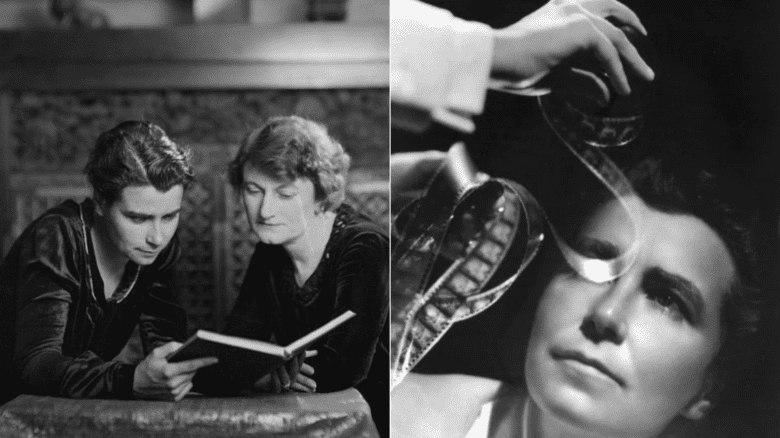England’s national health service is suspending the prescription of puberty blockers to kids at the country’s gender health clinics, marking a huge shift in the country’s access to gender-affirming care.
The NHS released a new policy this week that claims that the medications—which pause the development of secondary sex characteristics in young people—should only be given as part of research trials or in “exceptional circumstances”.
Puberty blockers have been prescribed to both trans and cis kids since the 1980s. The medications most often used as puberty blockers are called gonadotropin-releasing hormone (or GRH) analogues. Basically, they stop the body from making testosterone or estrogen for the period of time that the medication is taken, and therefore slow the development of characteristics like body and facial hair, or breasts and menstruation.
Senior editor Mel Woods breaks down what the new policy means for trans care access in the U.K.
 Why you can trust Xtra
Why you can trust Xtra


